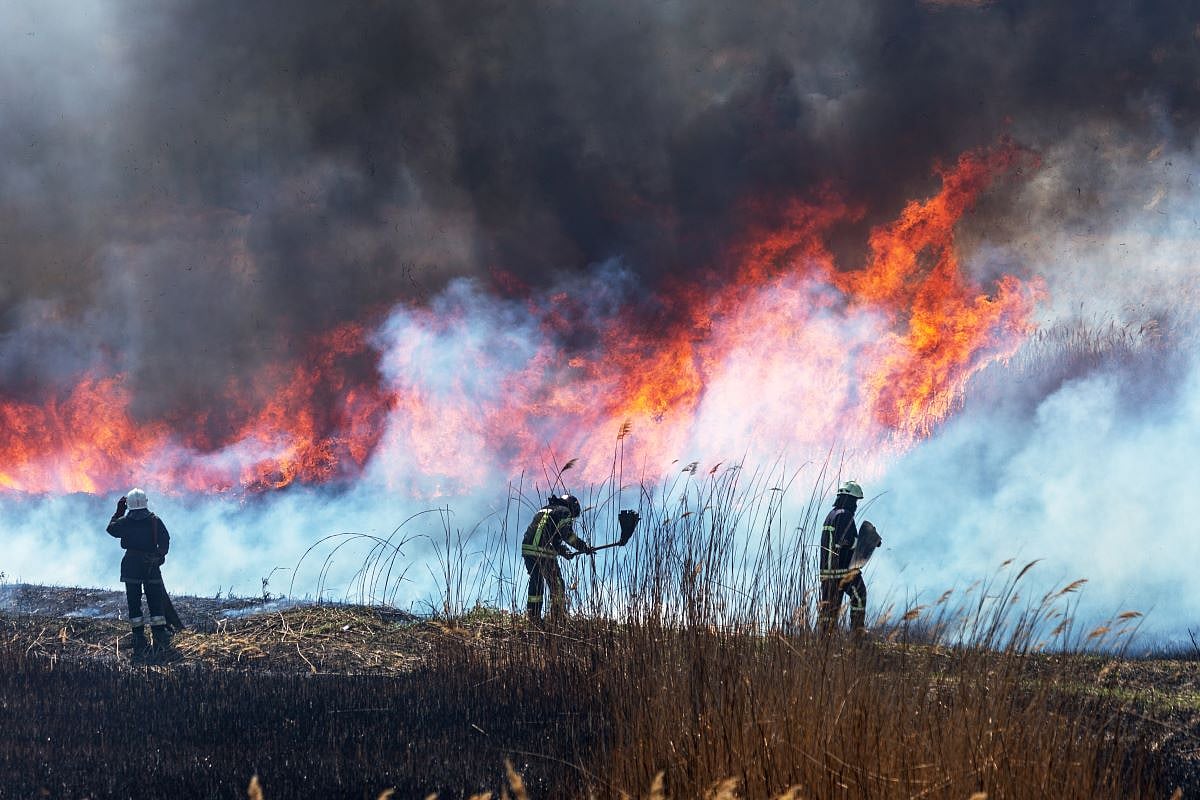Manténgase sano!

- Posted September 17, 2024
Wildfire Smoke Might Harm Children's Mental Health
As wildfires continue to burn across parts of California, a new study finds that smoke from these blazes and other air pollution could be harming kids’ mental health.
Repeated exposure to high levels of particle pollution increases kids’ risk of depression, anxiety and other mental health symptoms, researchers reported.
What’s more, each additional day of exposure to unsafe air significantly boosted the likelihood that a youngster would suffer mental health problems.
“We need to understand what these extreme events are doing to young people, their brains and their behavior,” said lead investigator Harry Smolker, a research associate with the University of Colorado-Boulder’s Institute of Cognitive Science.
For the study, researchers analyzed data from 10,000 kids ages 9 to 11 participating in an ongoing study of brain development.
Using the participants’ addresses, they calculated how many days in 2016 each kid was exposed to particle pollution levels the Environmental Protection Agency considers unsafe.
Some studies have found that these airborne particles could be small enough to cross the blood-brain barrier and affect the brain. These particles have a diameter of less than 2.5 micrometers; by comparison, a human hair is about 50 micrometers in diameter.
Adult hospital admissions for depression, suicide and psychosis tend to increase on high pollution days, researchers said in background notes. When pregnant women are exposed to heavy particle pollution, their children are more likely to suffer from cognitive impairments later in life.
For both boys and girls, the risk of depression, anxiety and other symptoms increased with each day they had been exposed to particle pollution, researchers found.
“We found that a greater number of days with fine particulate air pollution levels above EPA standards was associated with increased symptoms of mental illness, both during the year of exposure and up to one year later,” Smolker said.
Each repeated day of breathing poor air also appeared to have a greater influence than annual average exposure or maximum levels of exposure, researchers added.
For each day of unsafe exposure, kids’ risk went up by 0.1 points, on average, on a scale of 1 to 64, researchers said.
“This is relatively small, but not trivial,” Smolker said. “Collectively, they can add up.”
Further, the genetics of some children might make them even more vulnerable to the effects of air pollution, Smolker added.
The new study was published recently in the journal Environmental Health Perspectives.
More information
The Environmental Protection Agency has more on particle pollution.
SOURCE: University of Colorado-Boulder, news release, Sept. 12, 2024




